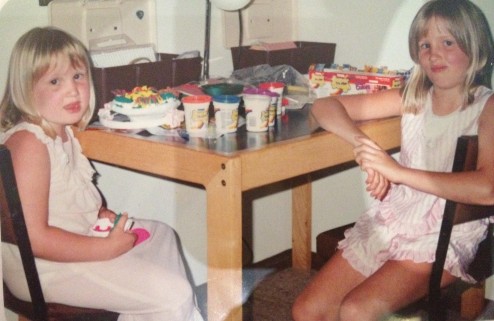As of 2020, scientists estimate a remaining cumulative emissions budget of 400 gigatonnes of greenhouse gases measured in carbon dioxide equivalent (GtCO2e) to keep global average surface temperature within 1.5°C of preindustrial levels (Rogelj et al. 2019).[1]
Business-as-usual adds 40 GtCO2 to the atmosphere each year, using up our 1.5°C budget in 10 years. The budget estimated to correspond with a 2°C temperature rise is 1000 GtCO2, which is likely to have far more devastating consequences than already experienced at 1°C warming and at the 1.5°C warming we are hoping to keep within (IPCC (2018).
Annual emissions must reach net zero for the global climate to stop warming. If human activity can emulate natural carbon systems, removing more emissions from the atmosphere than we emit, we can begin to reverse this climate chaos. It takes time to reduce emissions. The UNEP Emissions Gap Report (2019) estimates that emissions reductions of at least 7.3% per year are required to keep warming within 1.5°C.
Comprehensive
modelling of climate solutions indicates the diversity avenues for emissions
reduction—from technological to behavioural—that are already available for
implementation and are economically viable. Models show that climate solutions
save more money than they cost (Hawken 2017).[2] Yet
these solutions are not going to be implemented fast enough by market forces—they
need to be facilitated and incentivised by the world’s leaders and governments.
These twelve proposals comprise my climate policy wishlist for Australia:
- Set
targets to halve annual emissions by 2030 and reach net zero emissions by 2040
- Re-focus
the economy on improving human and planetary wellbeing rather than GDP growth
- Transition
to net zero emissions energy sources
- Transition
to net zero emissions construction and buildings
- Transition
to net zero emissions manufacturing and consumption
- Transition
to net zero emissions transport
- Protect,
restore and manage of bushlands, forests, wildlife, biodiversity and ecosystems
- Transition
to sustainable agriculture and farming
- Family
planning programmes, empowerment of women and reduce inequality
- Incentivise
the market toward net zero- emission production and consumption e.g. carbon tax
- Use
Government contracts to incentivise shifts by giving preference to businesses
committed to net zero emissions targets
- Education,
research and implementation of the above and other climate solutions.
The overarching vision is of a transition to zero emission energy sources and electricity, transportation, agriculture, manufacturing, consumption and land use.
To secure
a sustainable future, decision-making at multiple levels must put the long-term
wellbeing of people and the planet, before short-term monetary gains. It is
pivotal that Government initiate, support and fund these changes.
Download Word file here for adaptation and submission to MPs.
1. Set targets to halve annual emissions by 2030 and reach net zero emissions by 2040
Australia
is a wealthy nation that can help lead the way to net zero emissions over the
next three decades. We want our Government to commit to at least 7.3% annual emissions
reductions across Australia’s production of direct emissions and consumption of
indirect emissions. This could see us halve Australia’s annual emissions from
2020 levels by 2030, and riding on this success reach net zero emissions by
2040. The Government can facilitate and incentivise these changes in our production
and consumption via the below suggestions.
2. Re-focus the economy on improving human and planetary wellbeing rather than GDP growth
GDP is a
measure of income and spending. The inadequacies of GDP have been acknowledged
since its initial design. GDP counts the bad as good (such as money spent on wars,
oil spills and treating illnesses); it ignores many goods (such as parents
caring for their own children and growing one’s own food); and assumes that GDP
increases are shared by the entire population (while not distinguishing to whom
the income and spending is distributed).[3]
Economic growth is not intrinsically good. GDP growth is good growth if
improves the wellbeing of people and the planet, and it is bad growth if it
does not. Following New Zealand and Bhutan’s example, we want our Government to
focus on a Happiness Index or Genuine Progress Indicator (GPI) rather than GDP.
We want national, state and local policies to be directed at the latter, aiming
to maximise wellbeing at minimal economic and environmental costs.
3. Transition to net zero emissions energy sources
One key
to a net zero emissions economy is the transition of energy sources from fossil
fuels to renewable, net zero emissions energy sources. We want our Government
to:
- transfer fossil fuel subsidies to renewable energy subsidies
- enable distributed “smart” power grids, such as networks of rooftop solar energy sharing where possible
- fund publicly-owned solar and wind farms, onshore or offshore, methane digesters, and energy storage
- cease putting public funding into outdated infrastructures such as building new coal plants
- fund the re-training of fossil fuel workers to attain jobs in net zero emissions energy and other jobs in the net zero emissions economy
- leave fossil fuel reserves left in the ground, prohibit the building of new coal mines.
If
existing fossil fuel reserves are mined, sold and burned, it will put 2,500
GtCO2e into the atmosphere (Berners-Lee 2011: 175), increasing temperatures to such an extent that it would
render all life on earth extinct. Therefore, countries and companies must be
content to leave their reserves in the ground. There may be a demand overseas
right now and continuing this export market may boost Australian tax income,
but this demand is short-lived as renewable energy becomes cheaper than fossil
fuels. We must put the long-term health of people and the planet before these
short-term profits. Australia is a decade behind other countries yet with our
sunshine and our ingenuity we can still be leaders in the new market for solar
energy and battery storage.
4. Transition to net zero emissions construction and buildings
We want
our Government to encourage the retrofitting of old buildings and to work with
construction companies and researchers so that new buildings can be net zero
emission both in the way they function and in the materials, technologies and
processes used in their construction and maintenance. This includes through
insulation, green roofs, smart glass, smart thermostats, alternative cement,
recycling, etc.
5. Transition to net zero emissions manufacturing and consumption
While
Australia does far less manufacturing than they used to (e.g. of white goods,
fashion, cars, toys, etc.), we want our Government to encourage zero emission
manufacturing (onshore and offshore) and reductions and changes in consumption,
promoting what some call “sustainable materialism.” This means considering the full
lifecycle of products, from the raw materials extracted from earth, to the
electricity used to manufacture and transport products, to emissions involved
in use and the after-life of the product (directing this toward re-use rather
than landfill). Possible policies include:
- outlaw built-in-obsolescence, incentivise the creation of long-lasting products that can be repaired rather than ending up in landfill (which wastes the emissions involved in the whole product lifecycle)
- fund new jobs and businesses in product parts and repair, and innovations that reuse and repurpose goods
- encourage thinking about and reporting on the whole product lifecycle from extraction of raw materials through the production process, use and after-life
- support innovations in recycling of plastic and metals
- support a shift to ecologically sustainable, long-lasting fashion, outlaw “fast fashion” and fabrics that put microplastic into the ocean when washed
- provide infrastructure and training comprehensive recycling and composting
- incentivise massive reductions in food waste at all stages of food production and consumption, including farms, households, restaurants and supermarkets
- support the cultural shift to plant-rich diets
- ban air-freighted food imports,[4] encourage locally-grown and self-grown produce
- work with waste management and landfill companies, as well as building demolition and citizens to educate, fund and incentivise proper handling of refrigerants especially after use, the problems with leakage etc.
- consider setting up an Ethical Manufacturing Agency of sorts that would fund guidelines, review and reporting of products imported to or made in Australia. This includes ensuring not only that organisations abide by the Modern Slavery Act but also that they meet basic sustainability requirements such as no built-in-obsolescence, design for repair (making parts readily available), and that they are working to align with net-zero emissions targets.
6. Transition to net zero emissions transport
We want our
Government to support a transformation of transport such that:
- encourage the availability of low-cost, net zero emission vehicles, e.g. by reducing import taxes, providing subsidies, etc.
- build the infrastructure for electric vehicles, with solar- and wind-powered recharge stations
- facilitate affordable, clean and easily-accessible mass transport, from improving the time and reducing prices of buses and trains to investing in electric high-speed rail (like in the Netherlands)
- facilitate innovations in net zero emission fuel for airplanes
- until this is achieved, encourage the reduction of carbon-intensive flights via a large flight tax, using this money to restore forests and fund other climate solutions.
7. Protect, restore and manage of bushlands, forests, wildlife, biodiversity and ecosystems
We want
our Government to fund jobs that protect, restore and manage Australia’s
bushlands, forests, wildlife, biodiversity and ecosystems. Australia’s
Indigenous peoples have managed these lands for millennia, and the Government
could seek their advice and employment in land management roles.
8. Transition to sustainable agriculture and farming
We want
our Government to collaborate with livestock and agricultural farmers in
developing net zero emissions agriculture. This includes:
- increasing use of trees including encouraging use of silvopastures (forest pastures), growing tropical stables rather than normal staples (for example, more bananas, avocados, breadfruit, and legumes, over wheat, corn, rice and pulses) and tree intercropping
- moving from extractive agrochemical industrial farming to regenerative agricultural practices, creating robust, complex communities of plants that have a higher carbon intake and healthier soil, reducing the need for pesticides and chemical fertilizers
This
involves education, investment, changing business practice and changing
cultures and food practices.
9. Family planning programmes, empowerment of women and reduce inequality
Stabilising
humanity’s population growth is a pivotal element in reducing annual emissions.
We can help by supporting programmes that empower women, educate girls, and
alleviate poverty. This includes:
- community-led family planning programmes
- community-led education programmes
- structural changes that enable greater equality within and between countries (e.g. relieve debt burdens, encourage self-sufficiency over cash cropping, etc.)
- fund businesses working in local contexts with low-income people to improve cookstoves and support women smallholders.
10. Incentivise the market toward zero- emission production and consumption e.g. carbon tax
We want
our Government to help mobilise a sustainable economy through market mechanisms
such as a carbon tax, anti-trust laws and reducing inequality for a better
functioning democracy. A carbon tax of US$70/tCO2 can reduce
emissions by 10-40% in different countries (UNEP 2018: xxii).
Leading scholars recommend a carbon tax of US$50/tCO2, with a plan
to steadily increase it to US$400/tCO2 (Rockström et al. 2017). The
business community welcomes the market predictability this would provide. Anti-trust
law prevents monopolies, such as those we have allowed in our media. It is the
role of Government to prevent monopolies as a basic condition for market
economies to function. Inequality feeds a cycle of wealth-power-wealth and
erodes democracy. Reducing inequality and seeking “complex equality” is one way
to enable your own democratically-led decision-making.
11. Use Government contracts to incentivise shifts by giving preference to businesses committed to net zero emissions targets
We want
our Government to use their contracts to shift the focus of businesses to
long-term human and nonhuman wellbeing over short-term monetary gains.
12. Education, research and implementation of the above and other climate solutions.
We want
our Government to increase funding for research and implementation of climate
solutions. This includes:
- carbon sequestration that works
with natural processes (e.g. biochar)
- careful and holistic approaches
to geoengineering
- education programs for citizen
and businesses on high impact avenues for emissions reductions (from LED
lighting to water saving, household recycling, buying less, ridesharing,
insulating houses, reducing use of heating/cooling, taking less flights,
driving less or living car-free, using recycled paper at home and work, investing
in rooftop solar, etc.)
- all other climate solutions.
References:
Berners-Lee, Mike, How
Bad Are Bananas? The Carbon Footprint of Everything, Vancouver, Greystone
Books, 2011.
Chancel, Lucas
and Thomas Piketty. Carbon and
Inequality: from Kyoto to Paris. Paris: Paris School of Economics, 2015.
Hawken, Paul, Drawdown: the most comprehensive plan ever
proposed to reverse global warming, New York, Penguin, 2017.
IPCC. Global Warming of 1.5 °C: An IPCC Special
Report on the impacts of global warming of 1.5°C above pre-industrial levels
and related global greenhouse gas emission pathways, in the context of
strengthening the global response to the threat of climate change, sustainable
development, and efforts to eradicate poverty. United Nations International
Panel on Climate Change, 2018.
Kubiszewski,
Ida, Robert Costanza, Carol Franco, Philip Lawn, John Talberth, Tim Jackson and
Camille Aylmer, “Beyond GDP: Measuring and achieving global genuine progress”, Ecological Economics, 93, (2013), 57-68.
Raworth, Kate, Doughnut economics: seven ways to think like
a 21st-century economist, London, Random House Business Books, 2017.
Rockström,
Johan, Owen Gaffney, Joeri Rogelj, Malte Meinshausen, Nebojsa Nakicenovic and
Hans Schellnhuber, “A Roadmap for Rapid Decarbonization”, Science, 355, 6331, (2017), 1269-71.
Rogelj, Joeri,
Piers M. Forster, Elmar Kriegler, Christopher J. Smith and Roland Séférian,
“Estimating and tracking the remaining carbon budget for stringent climate
targets”, Nature, 571, (2019),
335-42.
UNEP. The Emissions Gap Report 2018. Nairobi:
United Nations Environment Programme (UNEP), 2018.
——. Emissions Gap Report 2019. Nairobi:
United Nations Environment Programme, 2019.
[1] These estimates, are in the 50-66% probability range, are adjusted
for 2018 and 2019, and they include a provision of 100 GtCO2
projected to be released by melting permafrost.
[2] The total spending involved in implementing the top 80 solutions is
estimated at $29,609 billion, while the total savings are $74,362 billion—this
is to say, these solutions incur a net
saving of $44,753 billion over the period 2020-30. Also see Project
Drawdown’s website: https://www.drawdown.org
[3] For more on this see Kubiszewski et al. 2013; Raworth 2017.
[4] Shipping is 100 times more carbon efficient than air-freight, yet
locally-grown, seasonal foods are even better (Berners-Lee 2011: 83).
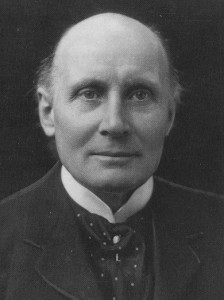

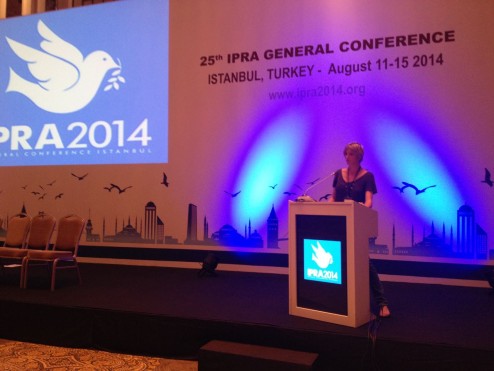
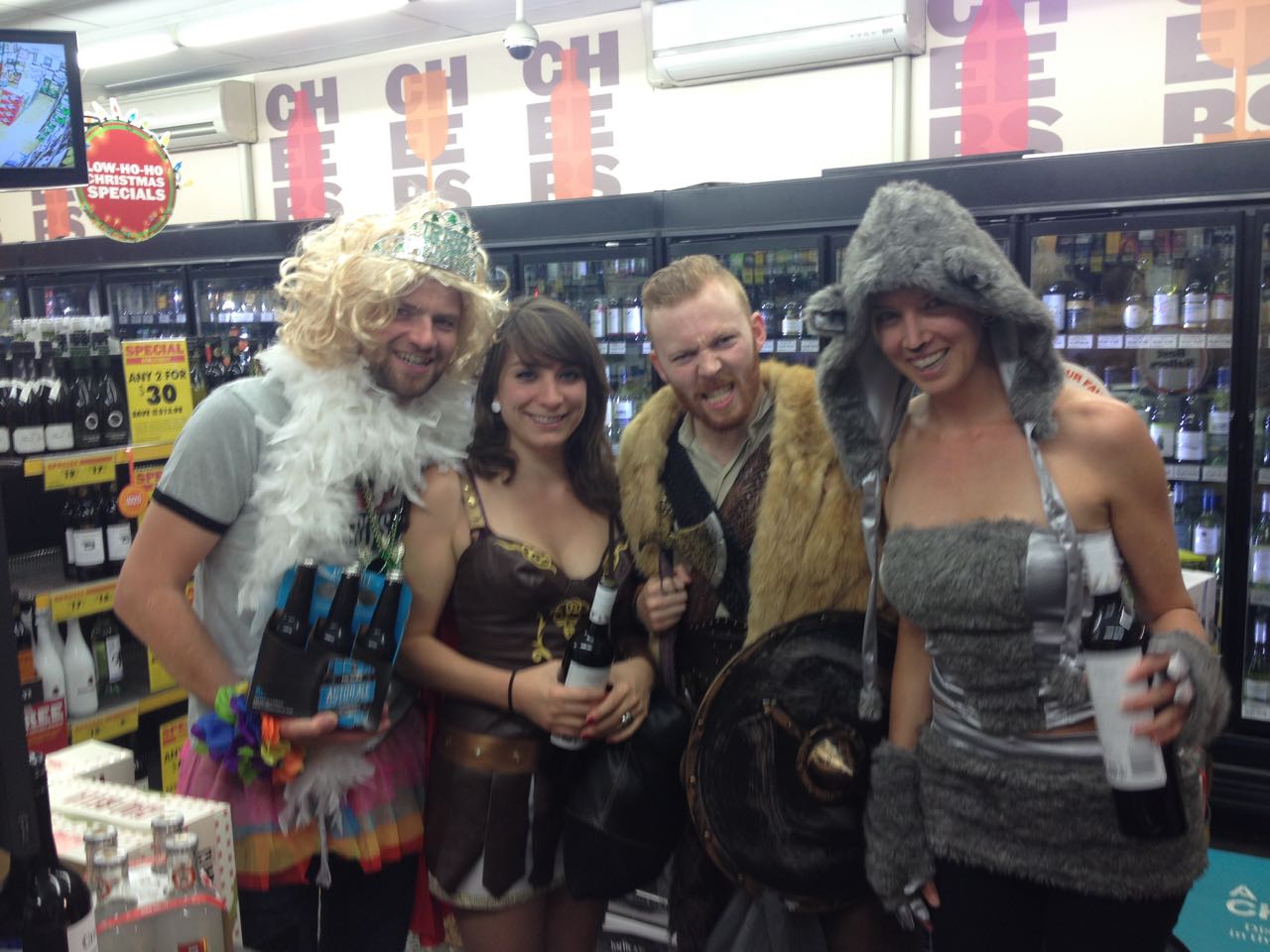
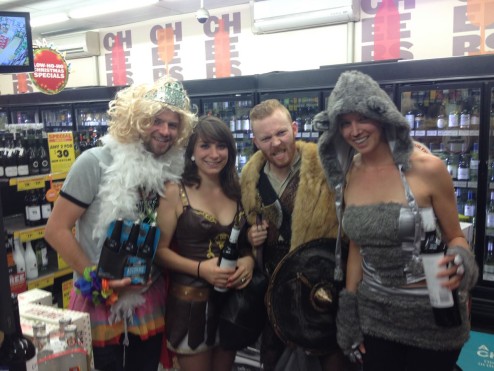
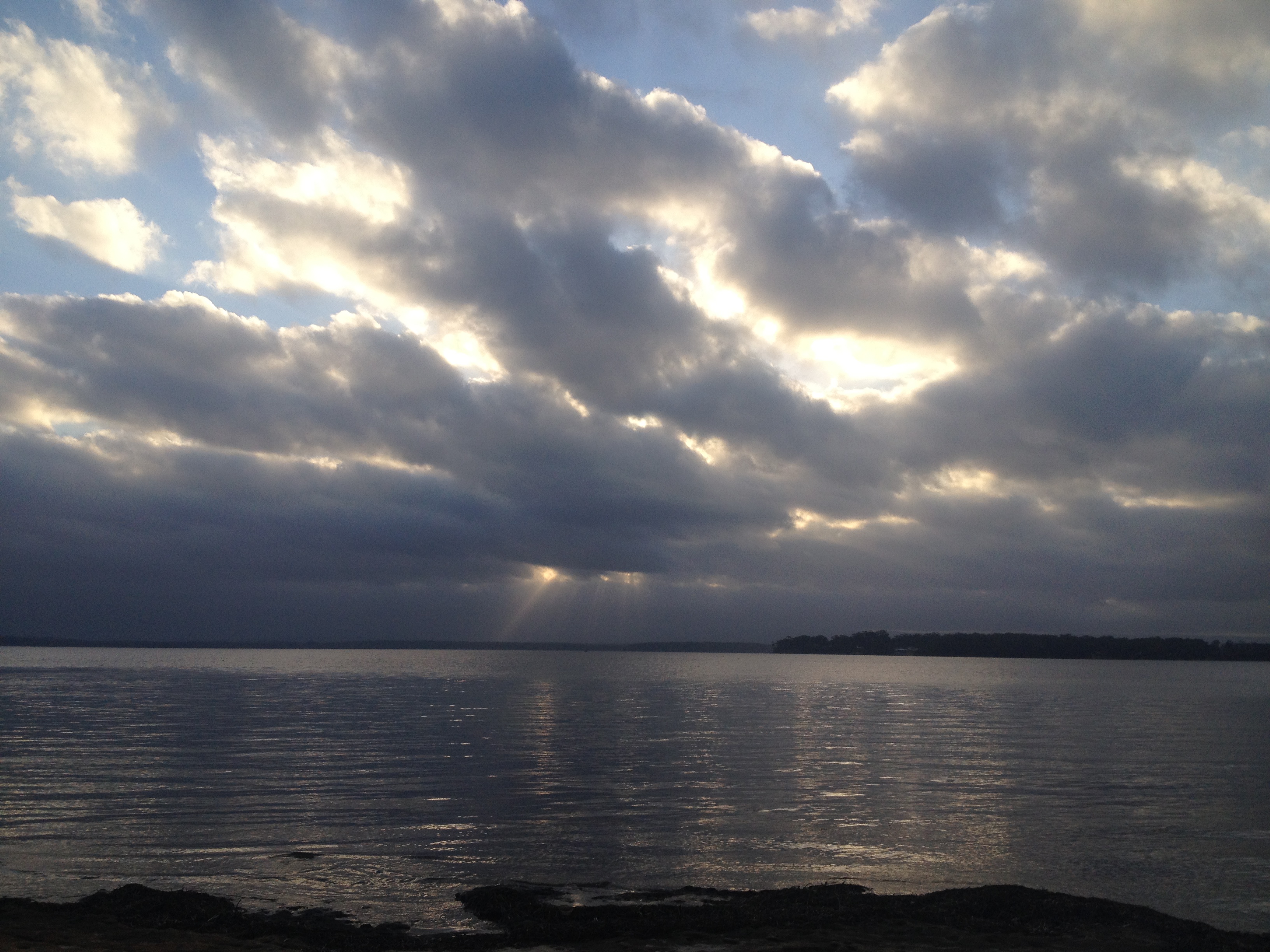

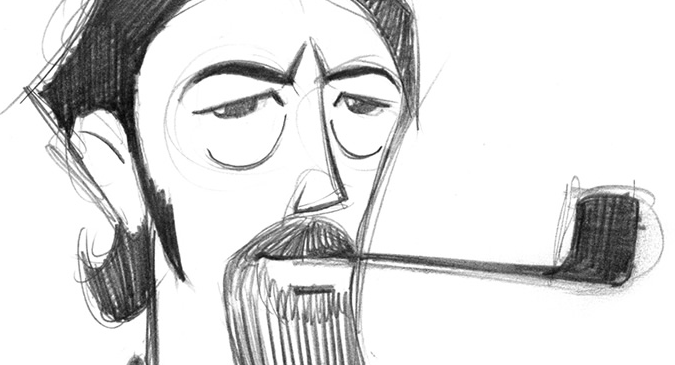


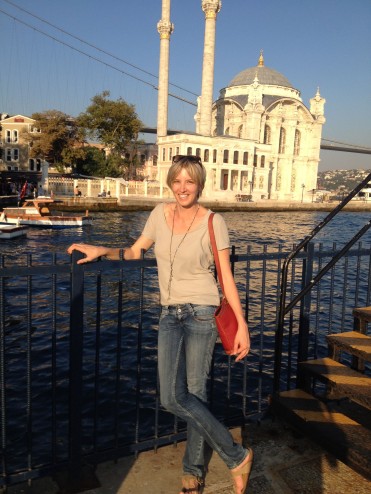 eptember 2014 marked the five year anniversary of this blog and I didn’t even notice. My adventures with ideas haven’t stopped, but unfortunately I’ve been out of the habit of sharing them online.
eptember 2014 marked the five year anniversary of this blog and I didn’t even notice. My adventures with ideas haven’t stopped, but unfortunately I’ve been out of the habit of sharing them online.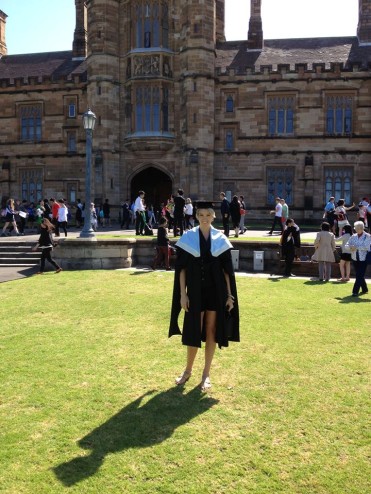 This was a slice of my MPhil research, which I graduated from in November. You can download this 58,000 word thesis here:
This was a slice of my MPhil research, which I graduated from in November. You can download this 58,000 word thesis here: 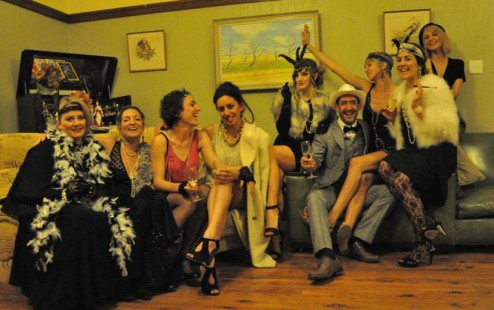 It was a big year for birthdays with members of family and best friends turning the big 18, 30, 40 and 60.
It was a big year for birthdays with members of family and best friends turning the big 18, 30, 40 and 60.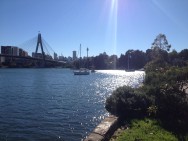
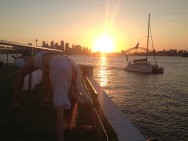


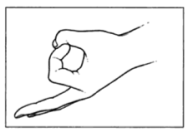
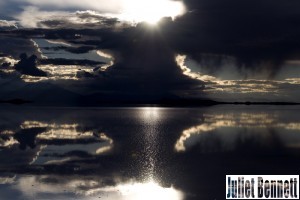

 Mantra literally translates to mind (man) vehicle (tra) – intended to transport your mind from the busy clutter to stillness and clarity. It is also translated to mind protector. A “mantra” is essentially a saying – a few words or sentences that you say over and over again in your head. Your mantra might be ‘I am stressed’ ‘I am stressed’. Or it might be ‘I am that’… Soham or its inversion Hamsa. Soham means I am everything that exists, and everything is one. This is the essence of spiritual
Mantra literally translates to mind (man) vehicle (tra) – intended to transport your mind from the busy clutter to stillness and clarity. It is also translated to mind protector. A “mantra” is essentially a saying – a few words or sentences that you say over and over again in your head. Your mantra might be ‘I am stressed’ ‘I am stressed’. Or it might be ‘I am that’… Soham or its inversion Hamsa. Soham means I am everything that exists, and everything is one. This is the essence of spiritual 
